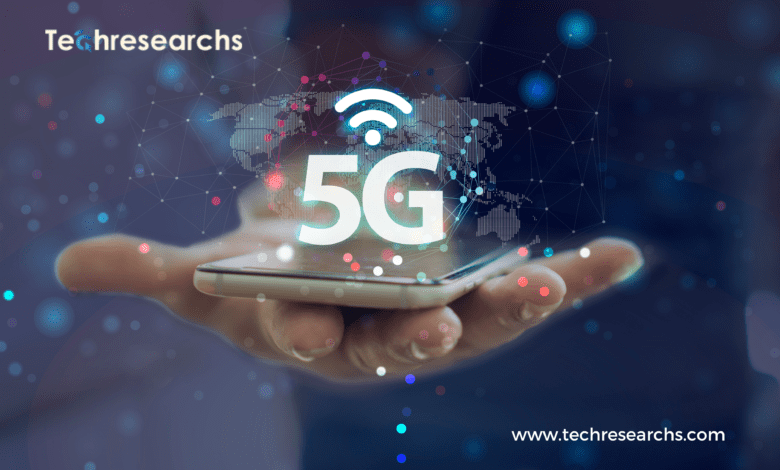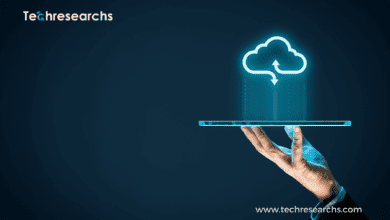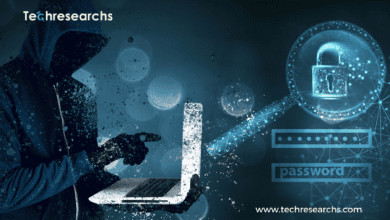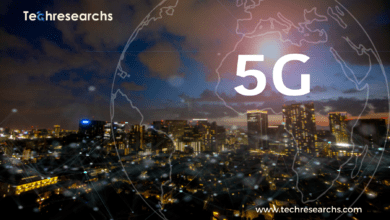5G Use Cases in the Healthcare Industry


Introduction:
5G in healthcare: In the ever-evolving landscape of healthcare, technological advancements play a crucial role in driving innovation and improving patient care.
Among the latest breakthroughs, 5G technology stands out as a game-changer. With its lightning-fast speed, low latency, and extensive connectivity, 5G has the potential to revolutionize the healthcare industry.
In this blog post, we will delve into the diverse use cases of 5G in the healthcare sector and explore how this transformative technology is reshaping patient care and driving medical innovation.
Remote Patient Monitoring: Connecting Patients and Healthcare Providers
With the advent of 5G, remote patient monitoring is undergoing a remarkable transformation. The high-speed and low-latency nature of 5G enables real-time data collection and analysis, empowering healthcare professionals to monitor patients’ vital signs, track their progress, and intervene promptly when necessary.
Through telemedicine and virtual consultations, patients can access quality healthcare remotely, reducing barriers to care and improving healthcare accessibility.
Moreover, the integration of wearable devices and IoT connectivity allows for the seamless transmission of critical health data, enabling personalized and proactive healthcare interventions.
Precision Medicine: Personalized Care Enabled by High-Speed Connectivity
5G technology is propelling the advancement of precision medicine, where treatments are tailored to individual patients based on their unique genetic makeup, lifestyle, and environmental factors.
With 5G’s fast and reliable network, genomic sequencing and data analysis can be performed swiftly, providing healthcare professionals with crucial insights to develop personalized treatment plans.
Furthermore, the low latency of 5G facilitates remote surgeries and robotic-assisted procedures, empowering surgeons to operate on patients from a distance with unparalleled precision and efficiency.
Augmented Reality (AR) and Virtual Reality (VR): Enhancing Medical Education and Training
The integration of 5G with augmented reality (AR) and virtual reality (VR) technologies is revolutionizing medical education and training.
With the high bandwidth and low latency of 5G, medical students can engage in immersive learning experiences, simulating complex surgical procedures and exploring intricate anatomical structures.
AR and VR also enable remote collaboration and expert consultations, allowing healthcare professionals to exchange knowledge and seek guidance from specialists across the globe.
This synergy between 5G and AR/VR is transforming the way medical professionals acquire skills and expertise.
Internet of Medical Things (IoMT): Building a Connected Healthcare Ecosystem
The Internet of Medical Things (IoMT) is a network of interconnected medical devices, sensors, and systems that collect and transmit health data.
5G’s extensive connectivity and low latency are essential for establishing a robust IoMT ecosystem. With 5G, smart hospitals can optimize workflows, enhance patient outcomes, and improve resource allocation.
However, it is crucial to address data security and privacy concerns to ensure the safe and ethical utilization of patient information within the IoMT framework.
Emergency Response Systems: Rapid Interventions for Critical Care
In critical situations, every second counts. 5G technology accelerates emergency response systems by enabling high-speed and seamless communication between ambulances, emergency departments, and healthcare professionals.
Through connected ambulances equipped with 5G technology, real-time patient data can be transmitted to emergency rooms, allowing healthcare providers to prepare in advance and deliver immediate and targeted care upon arrival.
Additionally, real-time monitoring and predictive analytics empower emergency responders to make timely interventions, saving lives and improving patient outcomes.
Learn more about 5G Era Dawns in India: First Network Goes Live
Conclusion:
As the healthcare industry continues to evolve, 5G technology is transforming patient care and driving medical innovation.
From remote patient monitoring and precision medicine to augmented reality (AR) and virtual reality (VR) applications, as well as the Internet of Medical Things (IoMT) and emergency response systems, the potential use cases of 5G in healthcare are vast and impactful.
However, it is essential to address challenges related to data security, privacy, and ethical considerations to ensure responsible and widespread adoption.
By leveraging the power of 5G and fostering collaboration among technology innovators, healthcare providers, policymakers, and regulatory bodies, we can unlock the full potential of this transformative technology, leading to a future of advanced, accessible, and patient-centric healthcare.







